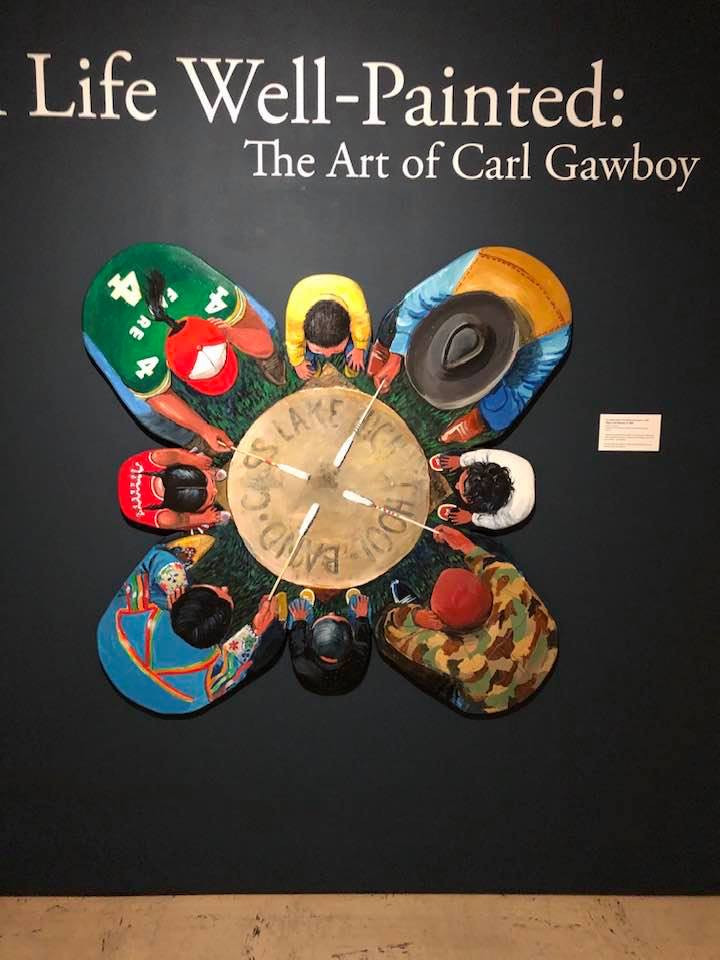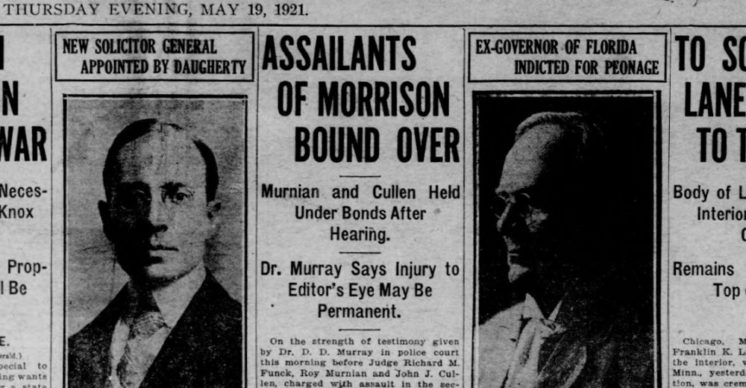Elvis slept here: Radisson opens Legends Suite

Radisson Hotel Duluth Harborview Sales and Marketing Director Nancy Kilpo poses with Duluth musician Todd Eckart, impersonating Elvis Presley, in the hotel’s newly redecorated Legends Suite. Presley stayed in the 15th floor suite following Duluth performances in 1976 and 1977. (Photo by Mark Nicklawske)
Elvis Presley fans who want to live like the king of rock and roll now have a special place to stay in Duluth.
The Radisson Hotel Duluth Harborview, 505 Superior St., has redecorated and renamed its 15th floor suite where Presley stayed following Twin Ports performances in 1976 and 1977. The Legends Suite features concert photos, posters, a ticket stub and other memorabilia recognizing the Presley visit as well as tributes to singer-songwriter Bob Dylan — who was born in Duluth — and country music outlaw Willie Nelson.






















